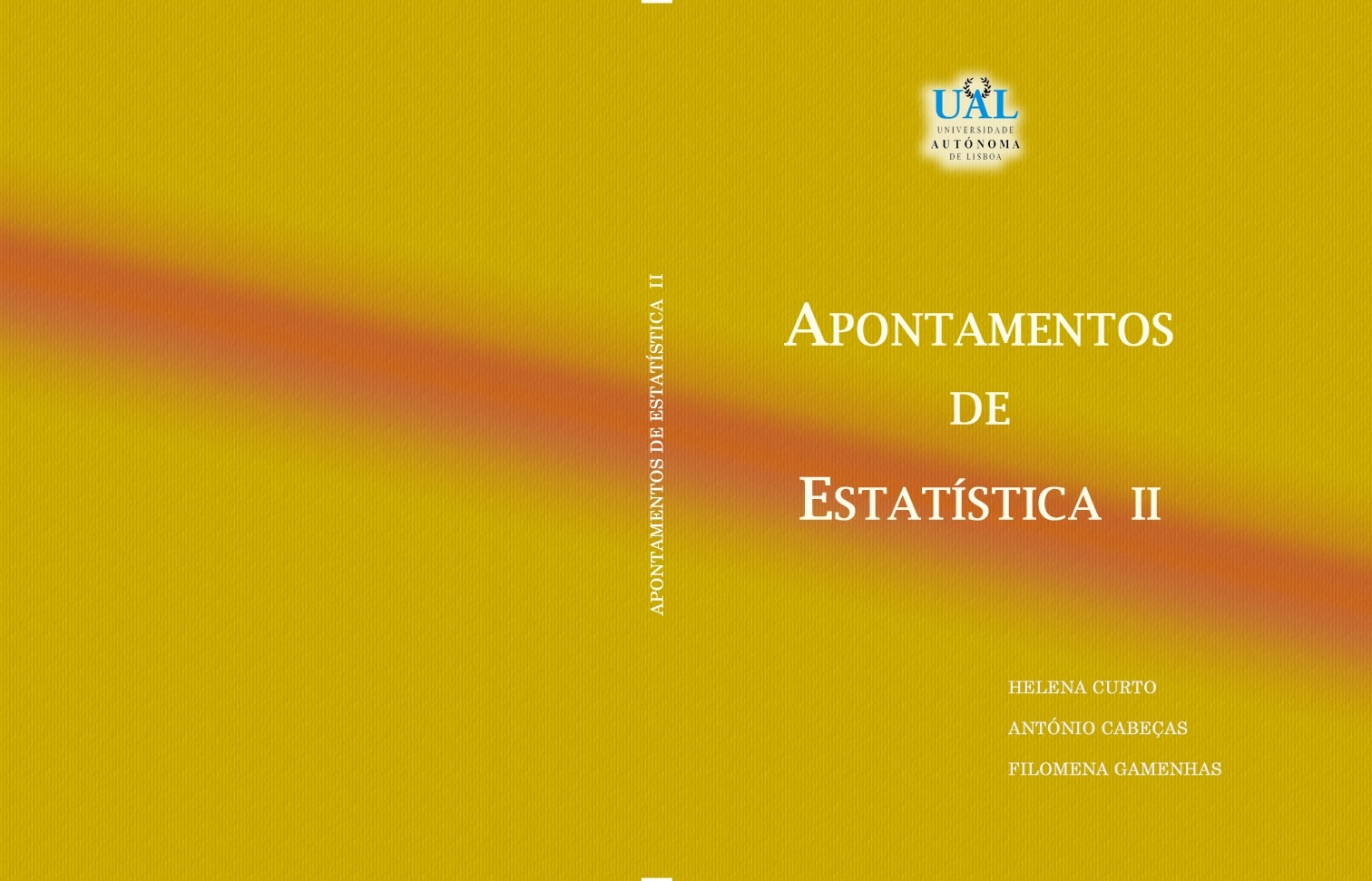It is known that since antiquity, surveys of the Jewish people were carried out for the purpose of recruiting for war (Holy Bible). In the Middle Ages, the Arabs stood out, making numerical collection of the cities they dominated, counting their populations, factories and species of products to control their territorial conquests.
From the 16th century onwards, the first systematic analyzes of social facts began to appear, such as baptisms, funeral marriages, giving rise to the first lists of data and tables. According to the Journal of the Netherlands National Institute of Statistics, Hernamn Conring, Gottfried Achenwall, Johann Peter Süssmilch, John Graunte William Petty have already received the honor of being considered the founders of modern statistics by different authors.
Some authors say that it is common to find the publication of “Observations on the Bills of Mortality” (1662) by John Graunt as a starting point for statistics.
The first applications of statistical thinking were aimed at the needs of the State in the formulation of public policies, providing demographic and economic data.
The scope of statistics increased in the early 19th century to include the accumulation and analysis of data in general. Today, statistics are widely applied in the natural and social sciences, in public and private administration.
Its mathematical foundations were laid in the 17th century with the development of probability theory by Pascal and Fermat, which emerged with the study of games of chance.
The least squares method was first described by Carl Friedrich Gauss, around 1794. More recently, the use of computers has allowed the processing of statistical data on a large scale and has also made it possible to use new methods that were previously impractical.
The term statistics comes from the Latin expression statisticum collegium, a lecture on State affairs, from which the Italian word statista, which means “statesman”, or politician, and the German word Statistik designating the analysis of data on the State.
The word was first proposed in the 17th century in Latin by Schmeitzel at the University of Lena and adopted by the German scholar Geoffrey Achenwall.
It appears as a vocabulary in the Encyclopedia Britannica in 1797 and acquired a meaning of data collection and classification in the early 19th century.
The two volumes of Notes on Statistics present statistical instruction and its practical application.


